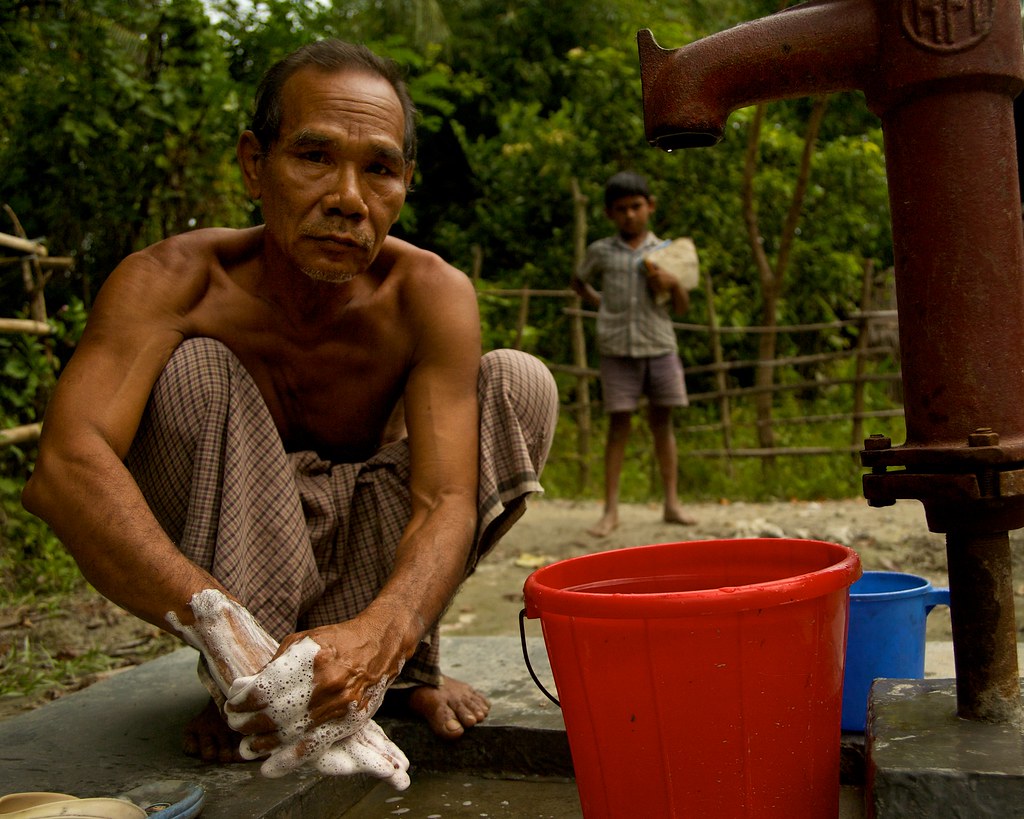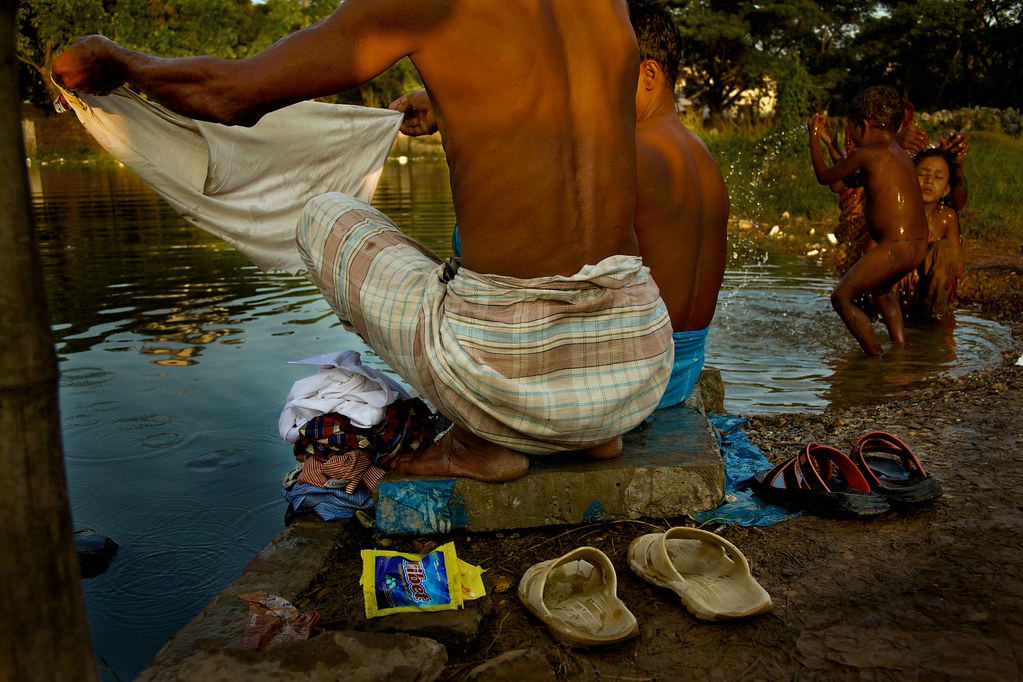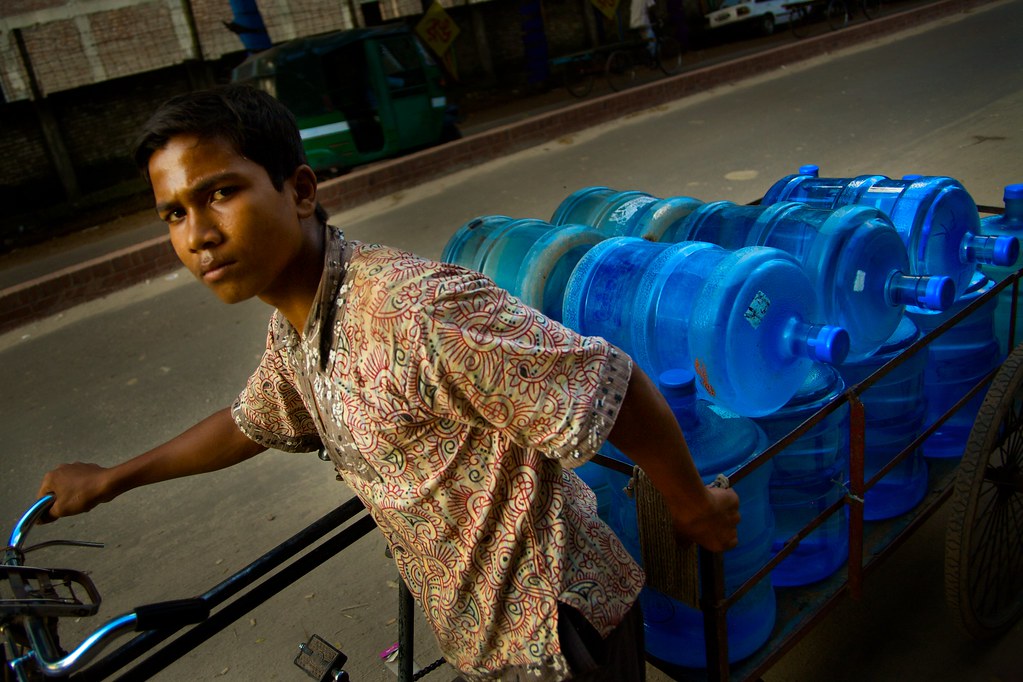[col-sect][column]
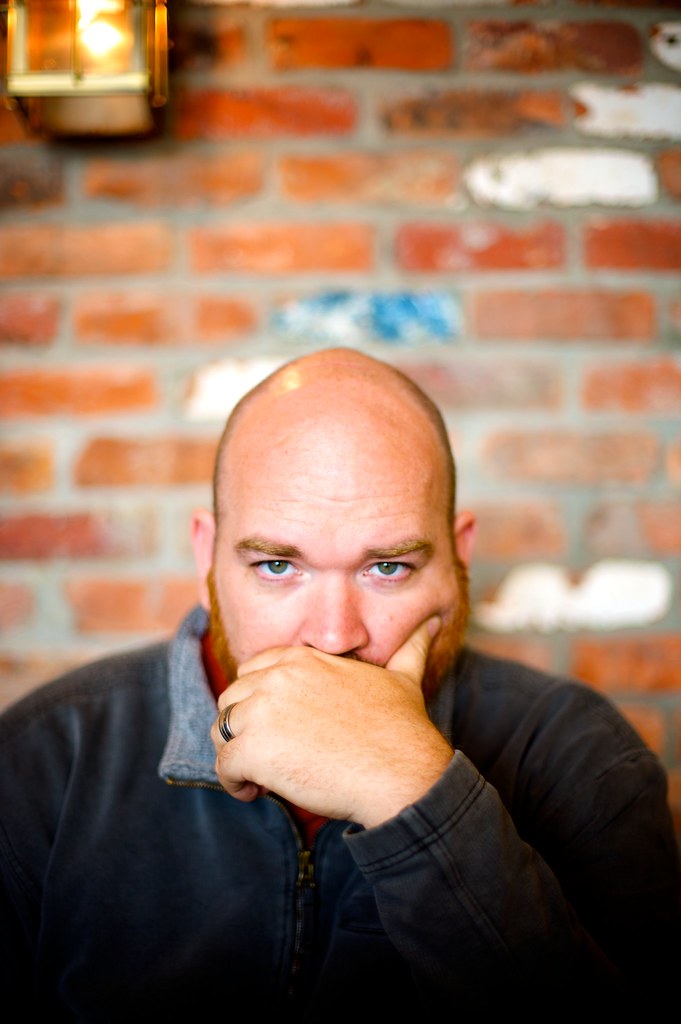 Erik Hersman, D.O.-Ushahidi.com, Afrigadgit.com
Erik Hersman, D.O.-Ushahidi.com, Afrigadgit.comErik manages an amazing organization called Ushahidi.
About a year ago I wrote a really stringy rant about my idea of “Owned Narrative”: That Journalist are better Journalists when they help connect the people on both sides of the conversation: The people who things are happening to, and the people wanting to know what’s happening.[/column]
[column]Your photostory, your essay, your 10 minute video that you just put together for some supermodel’s charity are great, wonderful and important things. With out them there would be people all over the world wondering if anyone cared about their pain and other people all over the world wondering if there was anyone/thing to care about.
If you have ever tried –sincerely– to tell someone else’s story, you know that the hardest thing in the world is to try to understand someone else’s world. To take that information, put it into your worldview to make sense of it and then pull it out in way that makes sense to an audience… with out it being covered in YOU.
This has been the plight of Journalists, Documentarians, Essayists, Ethnologist, and Anthropologists for years and years. Some have cared to worry more about it than others, but everyone has to deal with it on some level. It’s an important thing because we don’t want to misrepresent the stories that we report. On the other hand, there is NO WAY that a reporter can be expected to cover all the complexities of a story and it’s history with in the dead lines 99% of us have (and always will.)
This hurried interaction between a Journalist and his/her subject forces the storyteller to distill the facts and brush aside the subtleties of a situation. Resulting in one-sided narratives (Kosovo War), half-truths (Afghanistan War) or just bad stories.
Que Ushahidi:Ushahidi does something amazing, it allows local people in, say, DR Congo to SMS (text) what is happening on the ground as Militias move, and war spreads. It then goes onto a live map that you can go to and see what is happening in Congo and where.
This tool in combination with things like Twitter, gives ANYONE the ability to be heard and communicated with easily… if only we knew where these people were online.
That’s the Journalists job now, to empower our subjects to tell their own stories to interact with our audiences, to Own their Narrative.[/column][/col-sect]
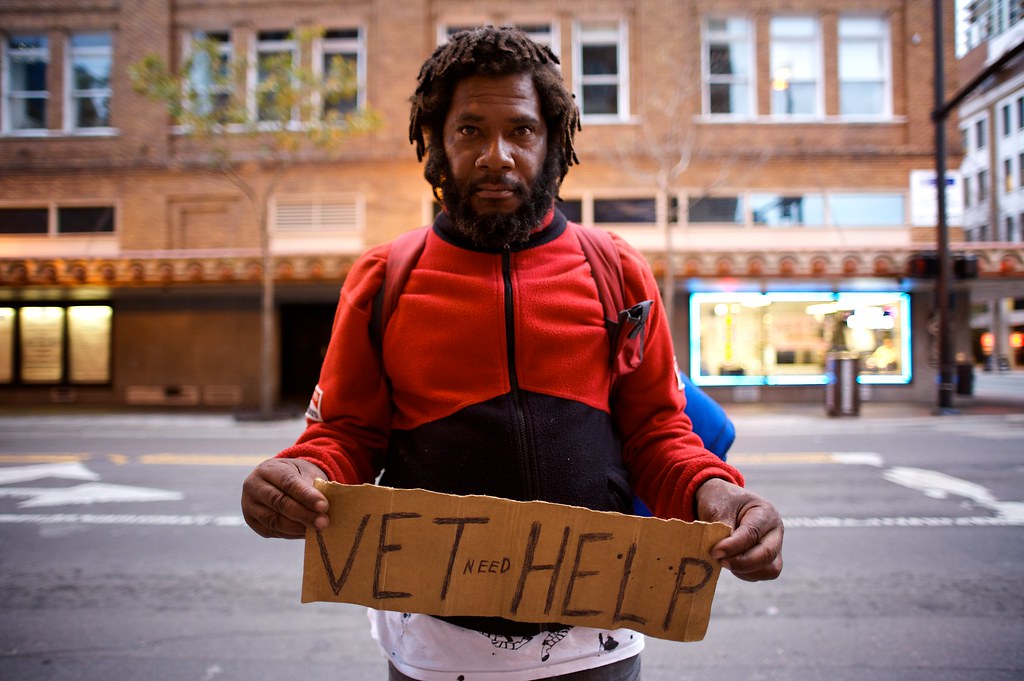
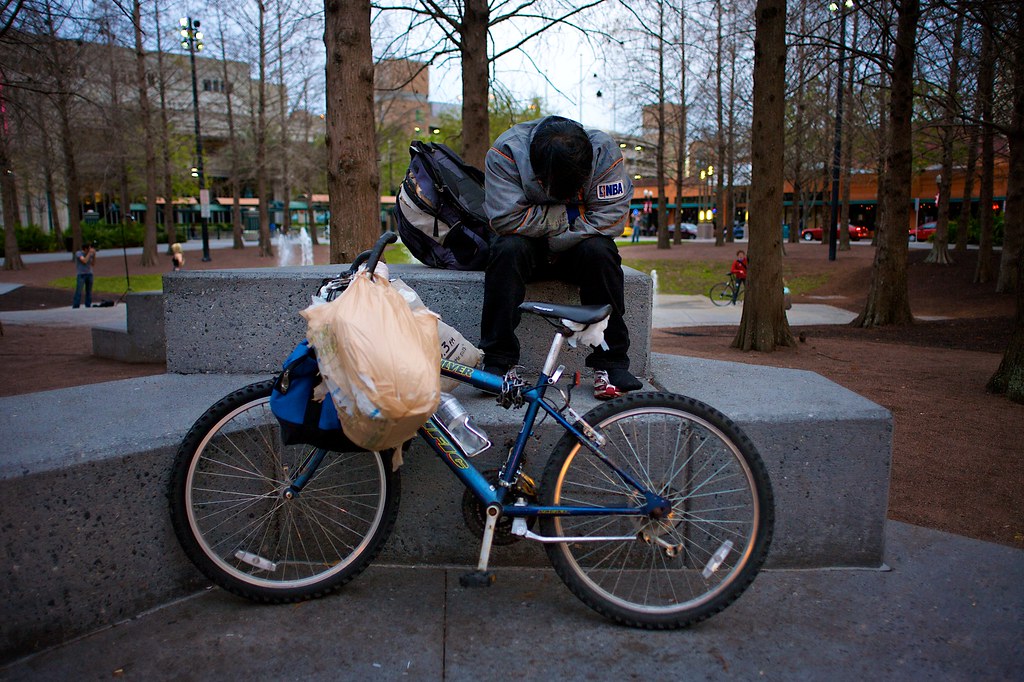
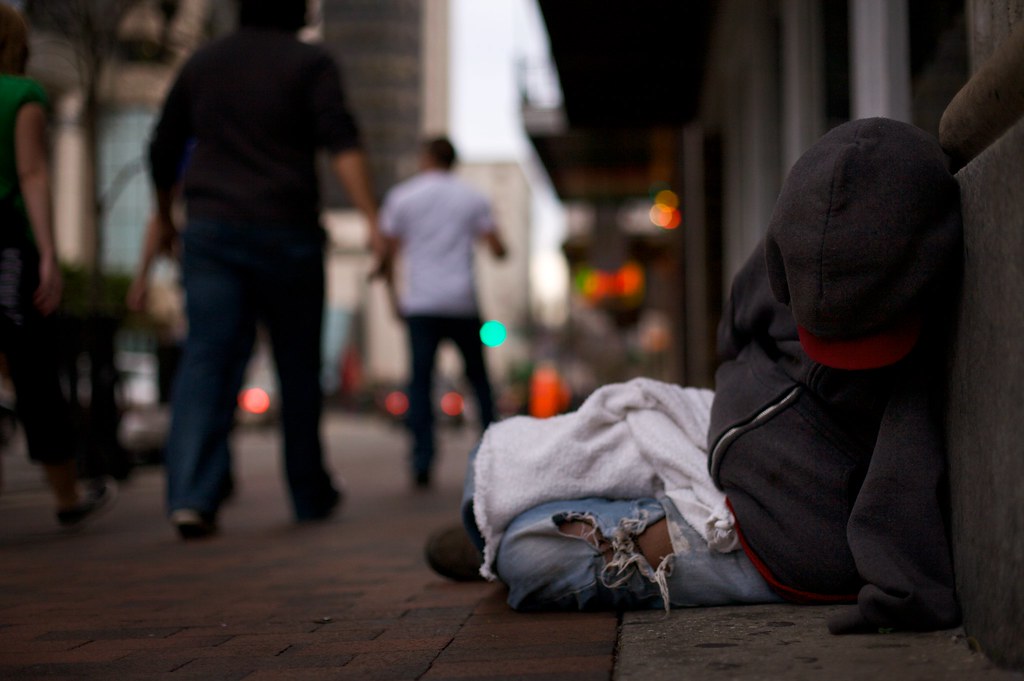
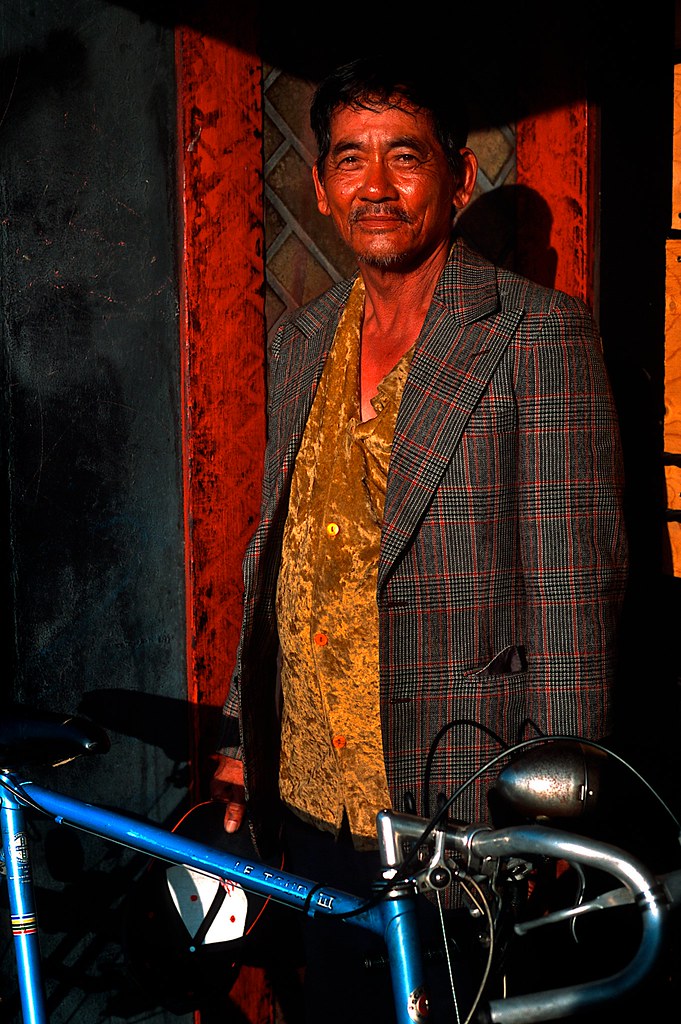 [/column]
[/column]